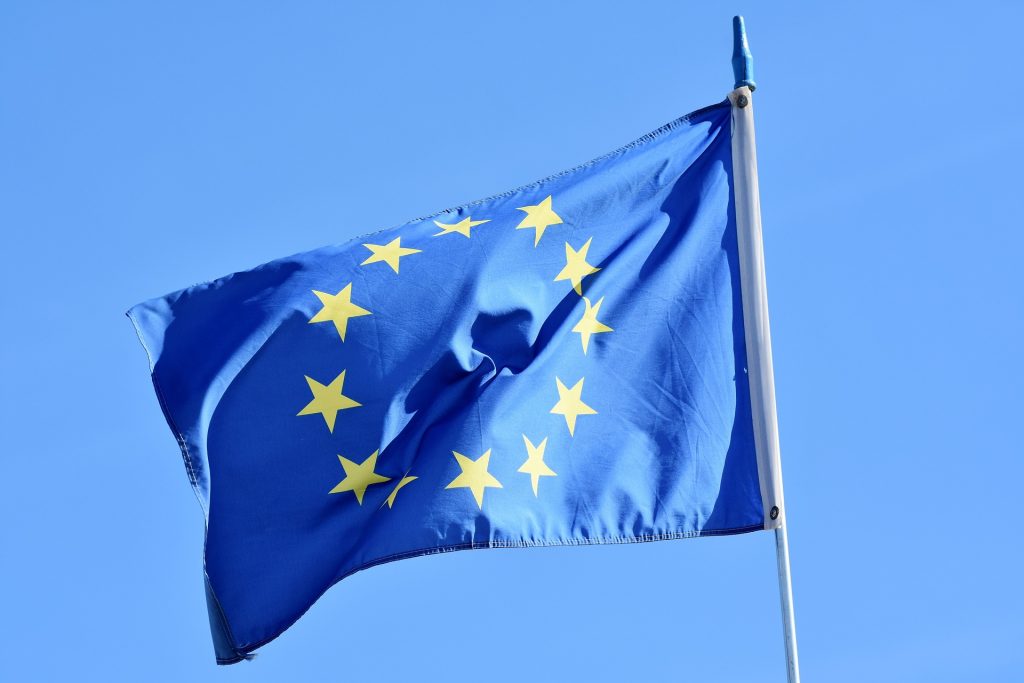May the 25th, 2024 – The European Commission (EC) has sent another warning to Croatia, accusing it of not fully transposing EU rules.
As Poslovni Dnevnik writes, last week, the European Commission (EC) sent an additional so-called “reasoned opinion” to Croatia because it didn’t fully transpose EU rules on promoting the use of energy from renewable sources into its legislation.
It’s a directive that provides a legal framework for the development of renewable energy across the European Union. The directive set a binding goal that at the EU level by 2030, there should be at least 32 percent of energy from renewable sources within gross final energy consumption. Specific targets were also set for the heating, cooling and transport sectors.
The deadline for transposing the directive into national law was June the 30th, 2021.
The European Commission sent an official warning to Croatia back in July 2021, followed by a reasoned opinion in May 2022.
In February 2023, the European Commission decided to initiate proceedings against Croatia before the EU Court for still failing to transpose the directive. A particular issue was because Croatia did not provide a correlation table or even an explanatory document where each provision of the directive was transposed.
After the correlation table arrived from Croatia, the European Commission decided to suspend the proceedings before the Court. However, after evaluating the table, the EC concluded that the transposition of the directive is still not complete, and so another warning to Croatia has been duly issued. Croatia now has a mere two months to respond and take the necessary measures.
Otherwise, the European Commission may decide to refer the case to the Court of Justice of the European Union.
The EU infringement procedure has three steps.
The first is the sending of an official warning, and if the matter is not resolved following that warning, a reasoned opinion is sent in which it is requested to ensure compliance with EU legislation.
If the EU Member State in question (in this case Croatia) still does not cooperate, the European Commission can refer the case to the Court of Justice of the European Union.
It is worth mentioning that in the vast majority of situations, such cases are resolved before being referred to the Court.








